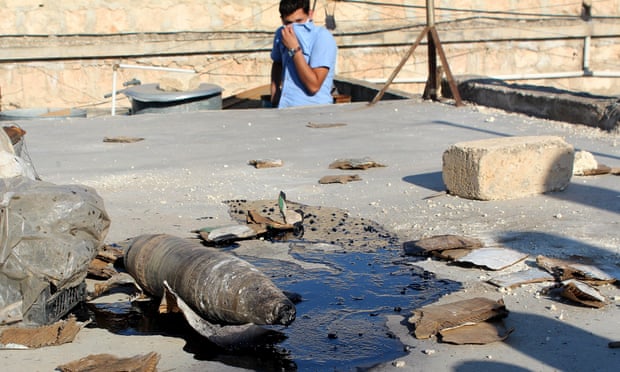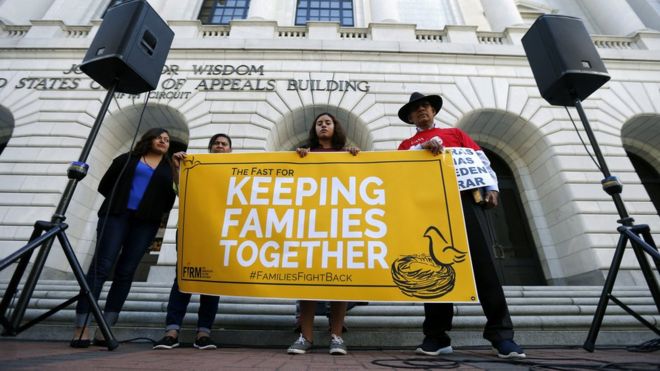11 November 2015 – Alexei Navalny, Russian anti-corruption activist, whose brother has been jailed by Russian authorities since December 2014 on trumped up charges and who has been subjected to discriminatory pressure in detention, has urged the US Government to add new names onto the Magnitsky Sanctions list under the US Sergei Magnitsky Law (https://navalny.com/p/4533/) which imposes visa bans and asset freezes on gross human rights violators.
“[The Magnitsky Law] is a truly pro-Russian law…This is the law that protects Russian citizens from the lawlessness,” said Alexei Navalny on the role of the Magnitsky Act in today’s Russia.
“My brother [Oleg Navalny] is being held in jail as a hostage. His only guilt is that he is my brother,” said Alexei Navalny.
“Previously, each new wave of pressure on Oleg [Alexei Navalny’s brother] was precisely timed with my activities?and anti-corruption investigations. Now this pressure simply never subsides,” said Alexei Navalny about the treatment of his brother in Russian penal colony No 5.
Alexei Navalny and his colleagues have identified three officials responsible for applying the pressure to Navalny’s brother:
- Yuri Dorokhin, deputy head of prison system in Orlov region;
- Yuri Afanasiev, head of penal colony IK-5;
- Gennady Grevtsev, deputy head of IK-5 colony in charge of security.
In the last several months, Oleg Navalny was moved three times to a penalty facility where he spent 45 days, according to Alexei Navalny’s colleague Vladimir Ashurkov (https://www.facebook.com/vladimir.ashurkov/posts/1059742160743615)
The United States passed the?Sergei Magnitsky Rule of Law Accountability Act in December 2012. The US law, named after deceased Hermitage Fund’s Russian lawyer Sergei Magnitsky, imposes visa bans and asset freezes on those involved in his arrest, torture, death and cover-up, as well as other gross human rights abuses.
So far the U.S. Treasury’s Office of Foreign Assets Control has publicly sanctioned 34 Russian nationals under the US Magnitsky Act, including 28 who played a role in the Magnitsky case and 6 persons involved in other gross human rights violations in Russia. The lists of names were previously published by the US Government on 12 April 2013, 20 May 2014 and 29 December 2014.
For more information please contact:
Justice for Sergei Magnitsky
+44 207 440 1777
e-mail: info@lawandorderinrussia.org
website: www.lawandorderinrussia.org
Facebook: http://on.fb.me/hvIuVI
Twitter: @KatieFisher__


